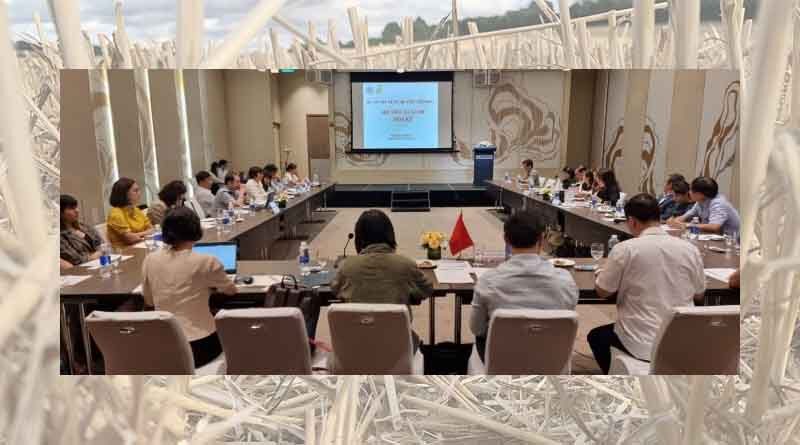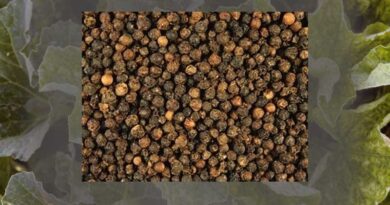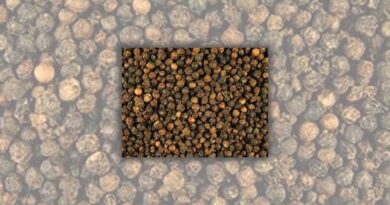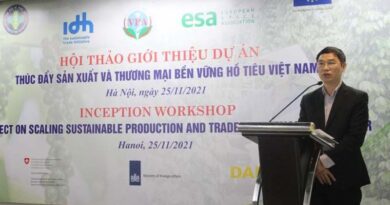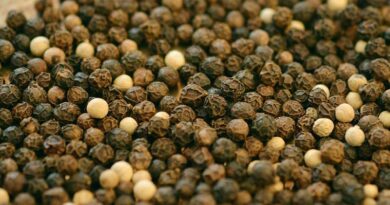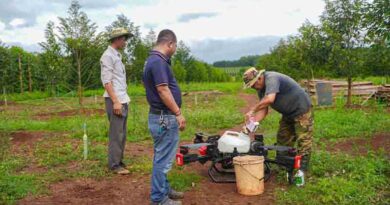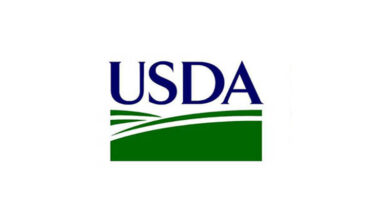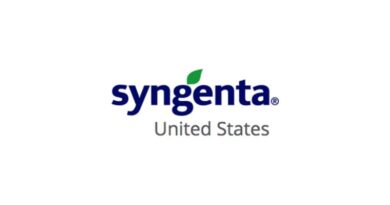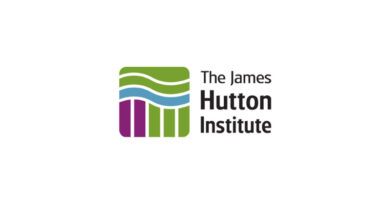The major goals for Vietnamese pepper industry: safe, sustainable and profitable
02 August 2022, Vietnam: By 2025, up to 75% of pepper output and exports will fulfill the needs of developed markets, and 25% of farmers will have access to safe production models and better livelihoods. At least 25% of pepper producers will see a 25% increase in revenue, 25,000 farmers will get training and have access to agricultural services, and 70,000 tons of peppers will be produced sustainably. In the coming years, these are the goals set by the public-private partnership group for the pepper industry.
Demand for pure pepper on the market
Nguyen Quy Duong, Deputy Director of the Department of Plant Protection Department (MARD), emphasized that the preliminary meeting of the public-private partnership group aimed to assess and seek direction for resolving some significant issues regarding the general quality of Vietnamese pepper products exported to the US market.
“We are establishing a threshold for Vietnamese pepper. The meeting also seeks to summarize and assess the implementation outcomes of the EU-funded sustainable Vietnamese pepper development project in Dak Nong, Dak Lai, and Gia Lai provinces. After the conference, the Department of Plant Protection, the Sustainable Spices Initiative (SSI), and The Sustainable Trade Initiative (IDH) will sign a Memorandum on Integrated Plant Health Management “, Duong stated
The memorandum between the three parties includes: supporting and promoting sustainable pepper production in Vietnam via responsible management of pesticide use; strengthening effective cooperation of public-private partnership to control pesticide residues in pepper production to meet market requirements; promoting safe production links; improving policies and capacities of public partners to scale up sustainable pepper production; and calling on fertilizer enterprises to build models of using organic fertilizers in Dak Lak and Dak Nong.
The adjustment of the maximum residue limit (MRL) in accordance with the United States’ standard, according to Duong, is one of the most important factors for enhancing pepper product exports to the U.S. market. “The whole system, including state agencies, enterprises (private group), farmers, and social organizations, must be involved in addressing the excessive chemical residues,” Duong noted.
The group of businesses is vital. The present cooperation group, comprised of eight businesses, is effective in establishing connections with farmers, managing production, and training farmers in cultivation techniques, among other tasks. And the Department of Plant Protection will support these training sessions, which include instructions on the “4 proper” use of pesticides.
The public-private partnership group will also assist key farmers with training in sustainable agriculture, plant health, and the environment. The initiative will assist with production and environmental issues, including pesticide residues. This is the method through which the Food and Agriculture Organization of the United Nations (FAO) funds the Department of Plant Protection to establish an action plan for 2030 with a vision for 2050.
At the meeting, the conference also discussed a number of other issues that businesses and international organizations are interested in, such as the use of child labor in the pepper production industry, and land degradation in the pepper-growing area in the Central Highlands.
In the last six months of 2022, the group recommends constructing an environmentally sustainable production program to restore the health of the soil.
Top priorities
Vietnam is the largest pepper producer and exporter in the world, accounting for around 60 percent of the global pepper trade volume. However, the Vietnamese pepper business faces significant obstacles such as poor selling prices, lack of sustainability, and an inability to satisfy markets’ ever-increasing demands.
“It is crucial to guarantee that exported pepper products do not include pesticide residues. China, the main import market for Vietnamese pepper, has increasingly stringent food quality criteria. Therefore, the production of pepper in a sustainable manner is an essential and vital responsibility. One of the highest priorities of the public-private partnership in the pepper industry is to assist small and medium-sized businesses and farmers in controlling pesticide residues in pepper; chain production links; and promoting communication and replication of safe pepper production models.”, Duong elaborated.
The Department of Plant Protection plays a focal role in promoting the improvement of the policy system and capacity in managing and guiding the responsible use of pesticides, promoting safe production linkages, and managing food safety and original traceability of exported pepper in order to increase the scale of pepper production and meet market standards for safe, sustainable production.
Also Read: Top 7 Tractors in India from 20 HP to 60+ HP

